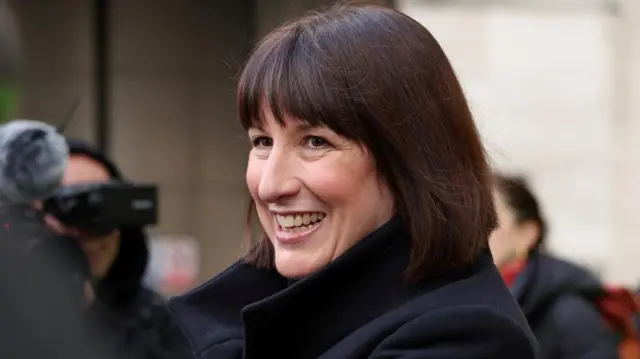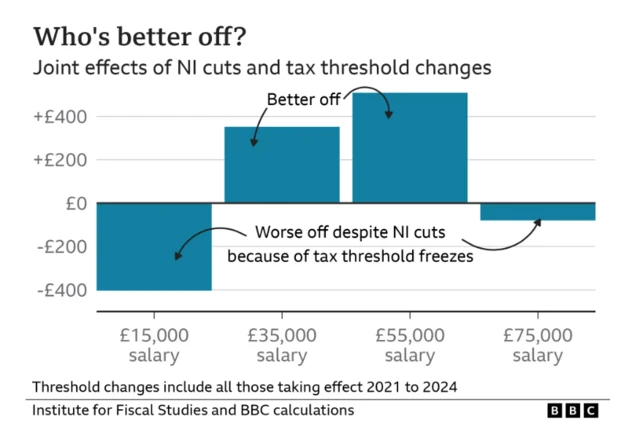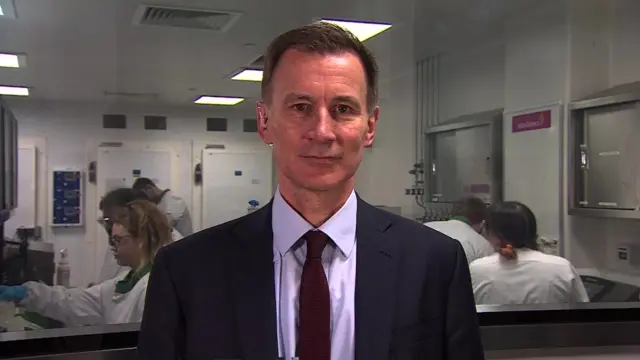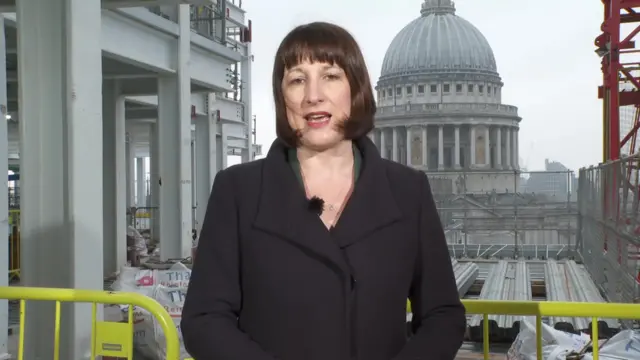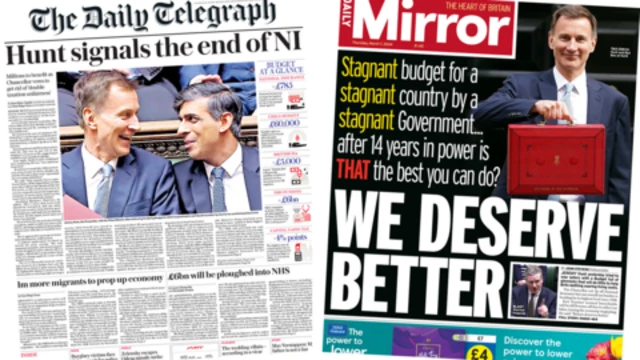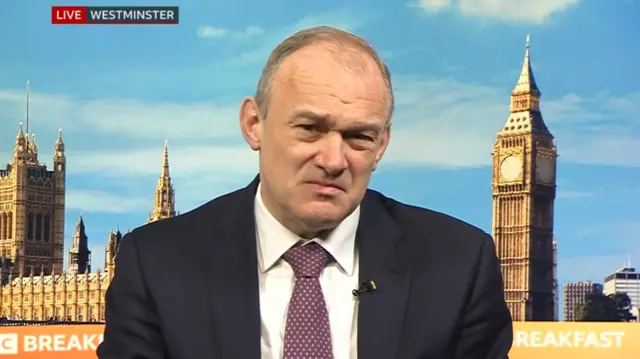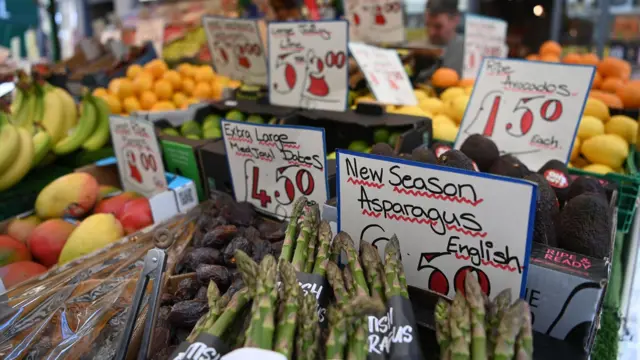More questions for Jeremy Huntpublished at 08:13 GMT 7 March 2024
Jeremy Hunt continues his morning rounds of speaking to the media.
Shortly he will be on BBC Radio 4's Today programme and you can listen above by clicking Play at the top of this page.
